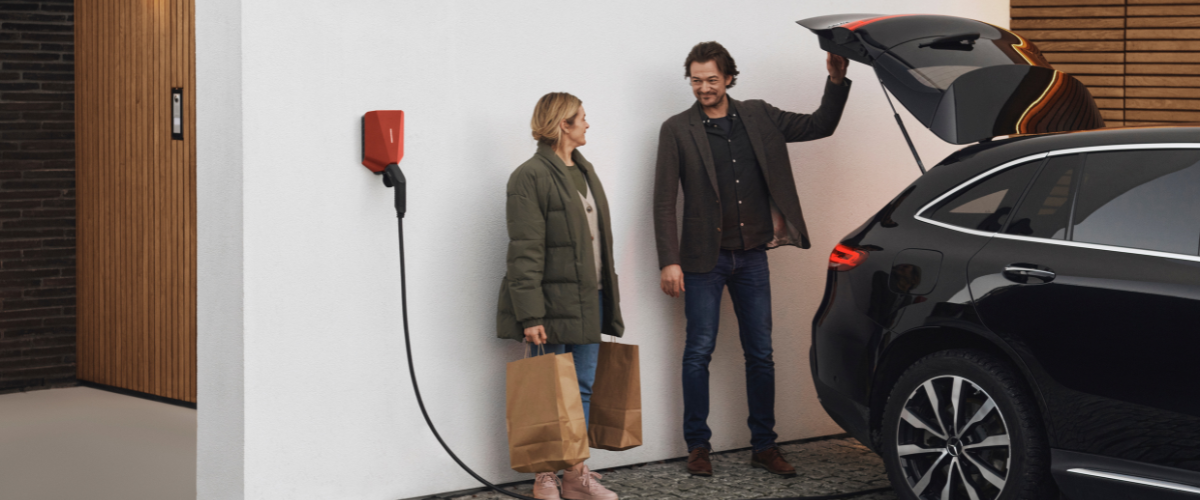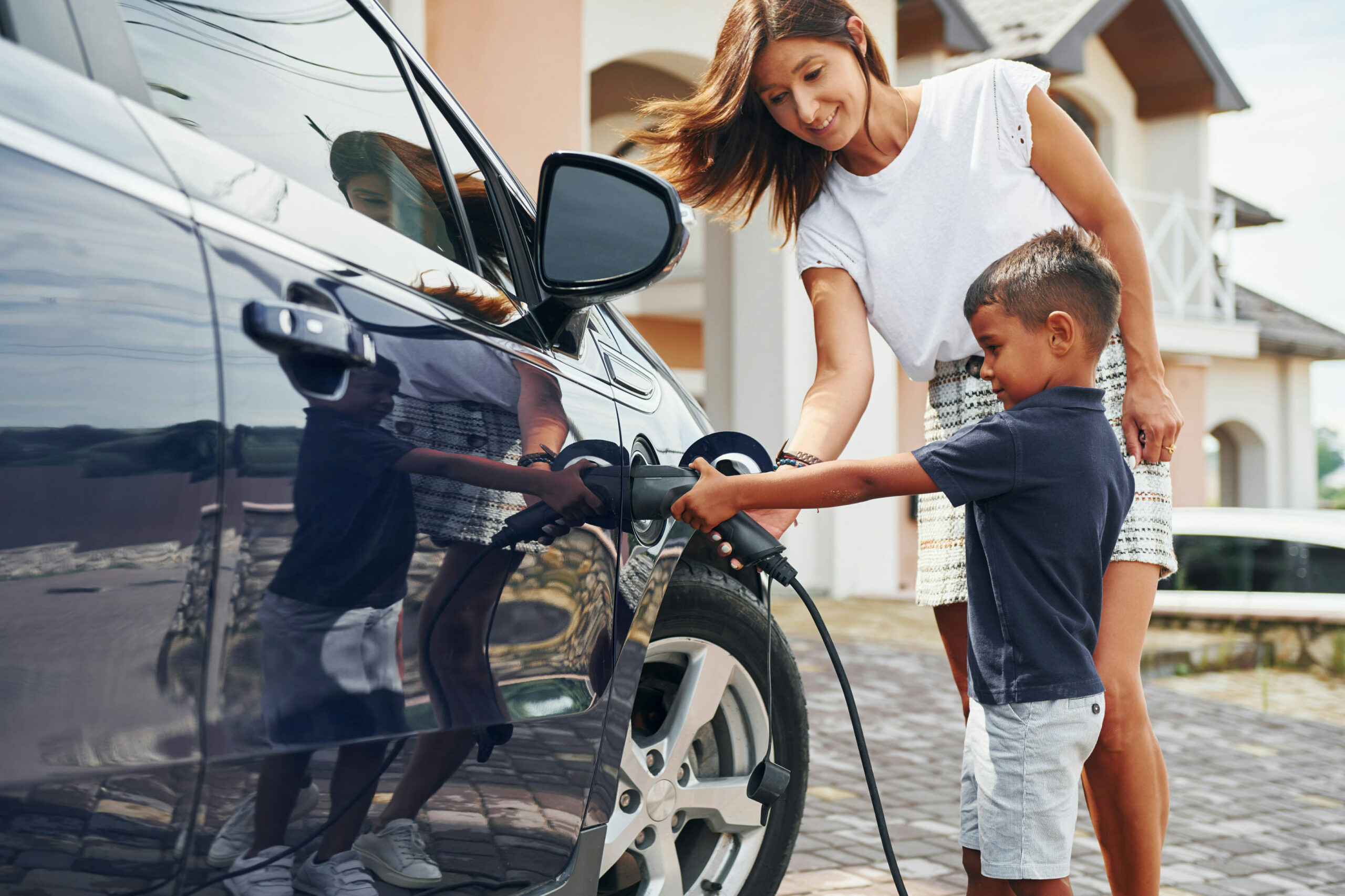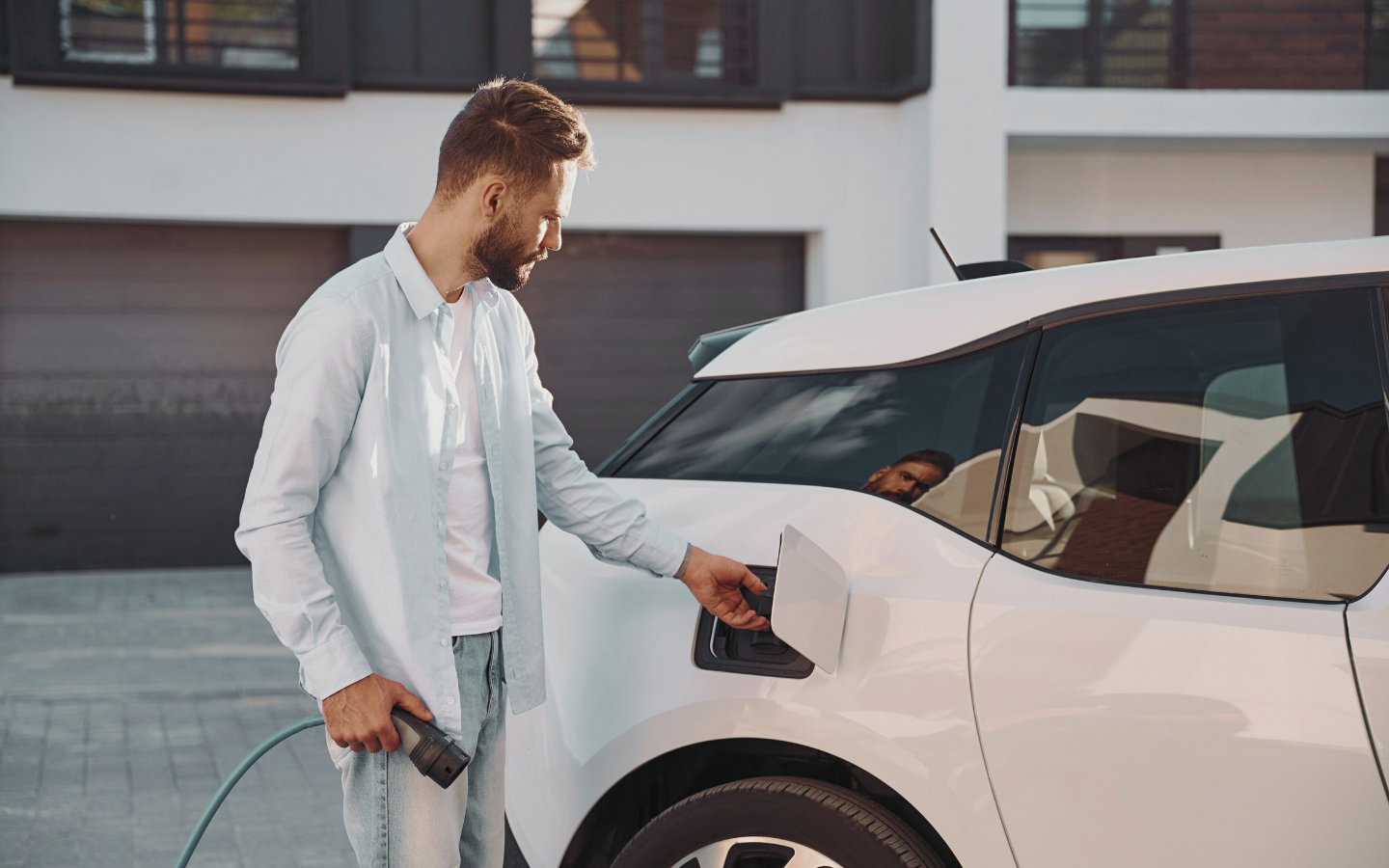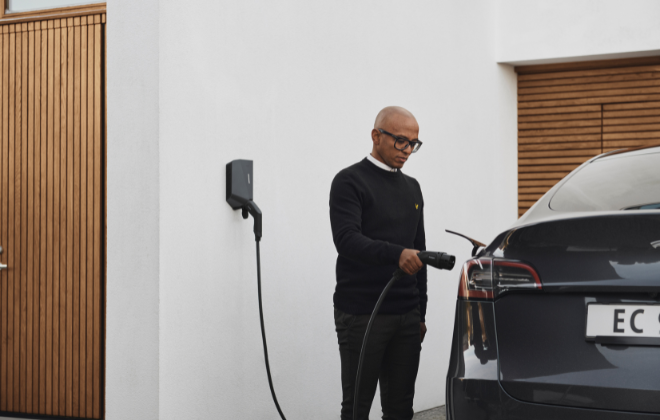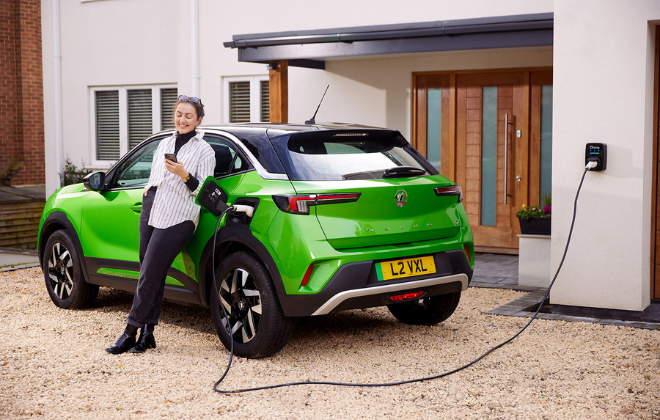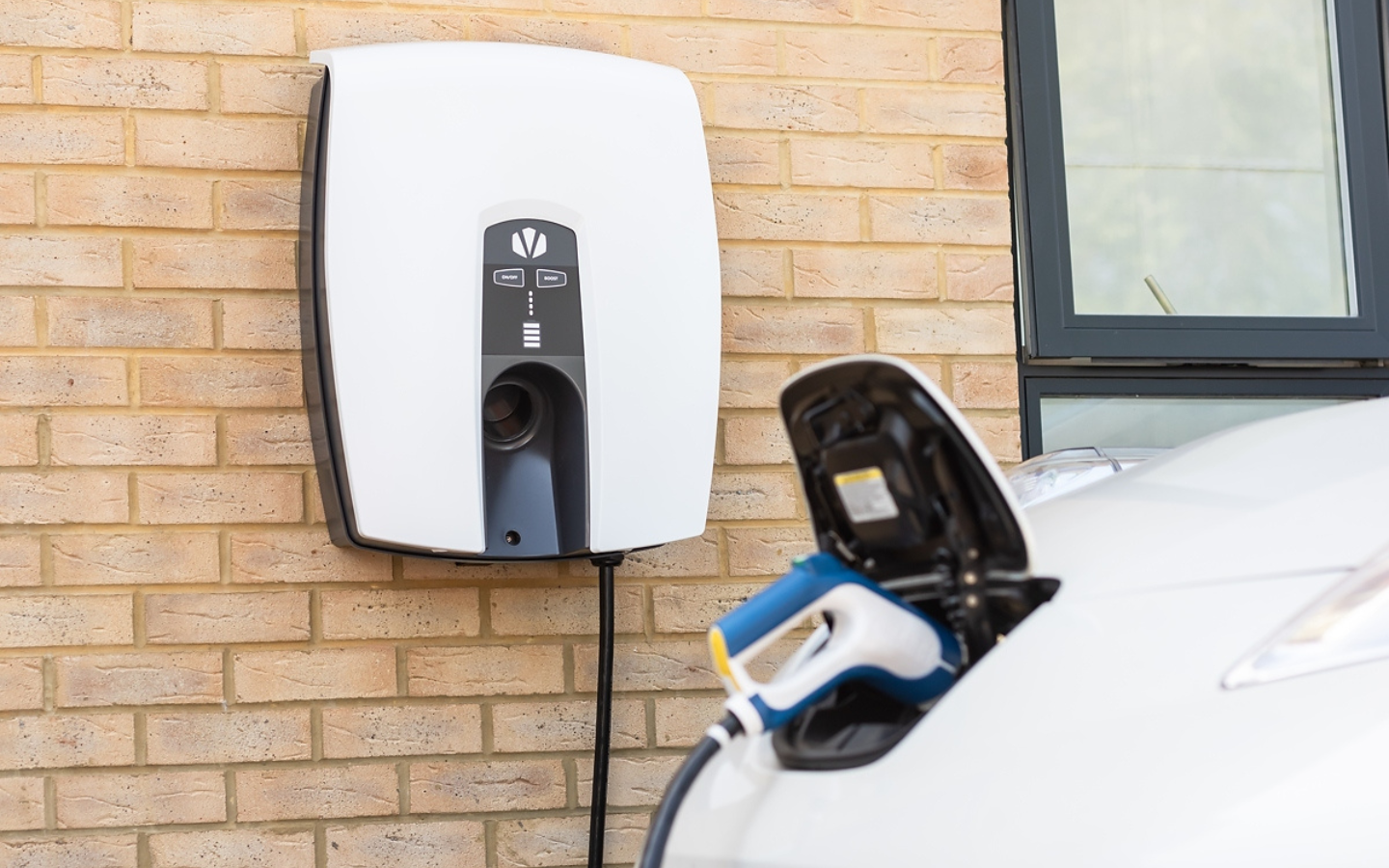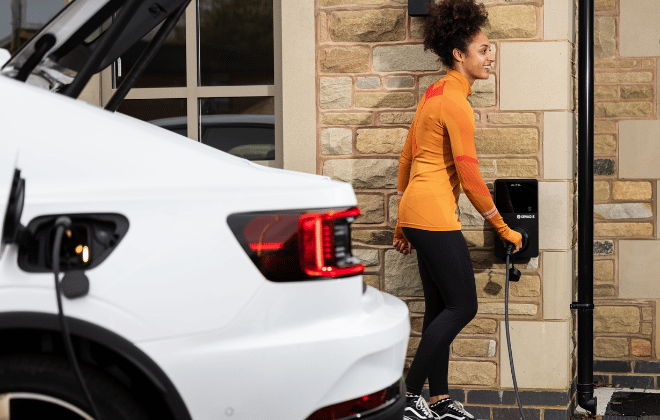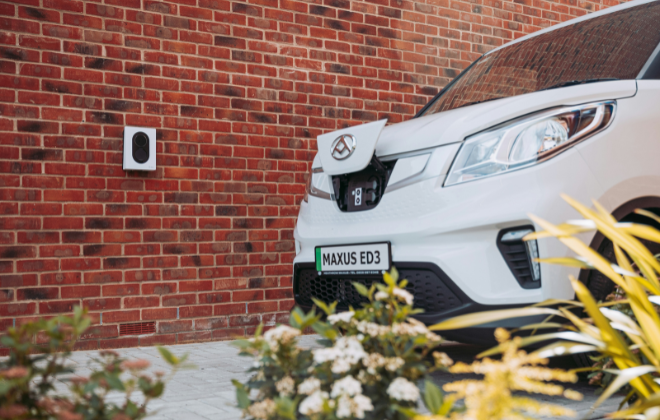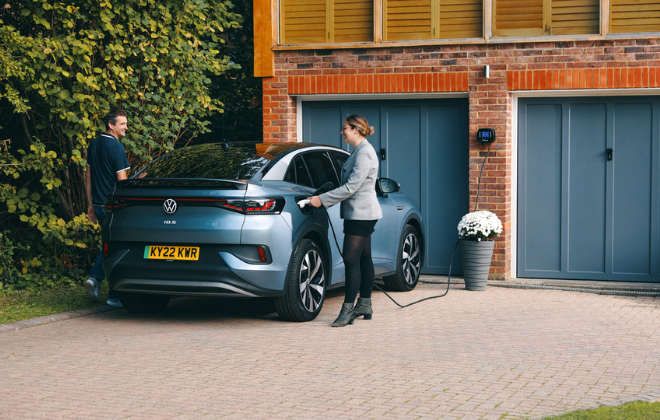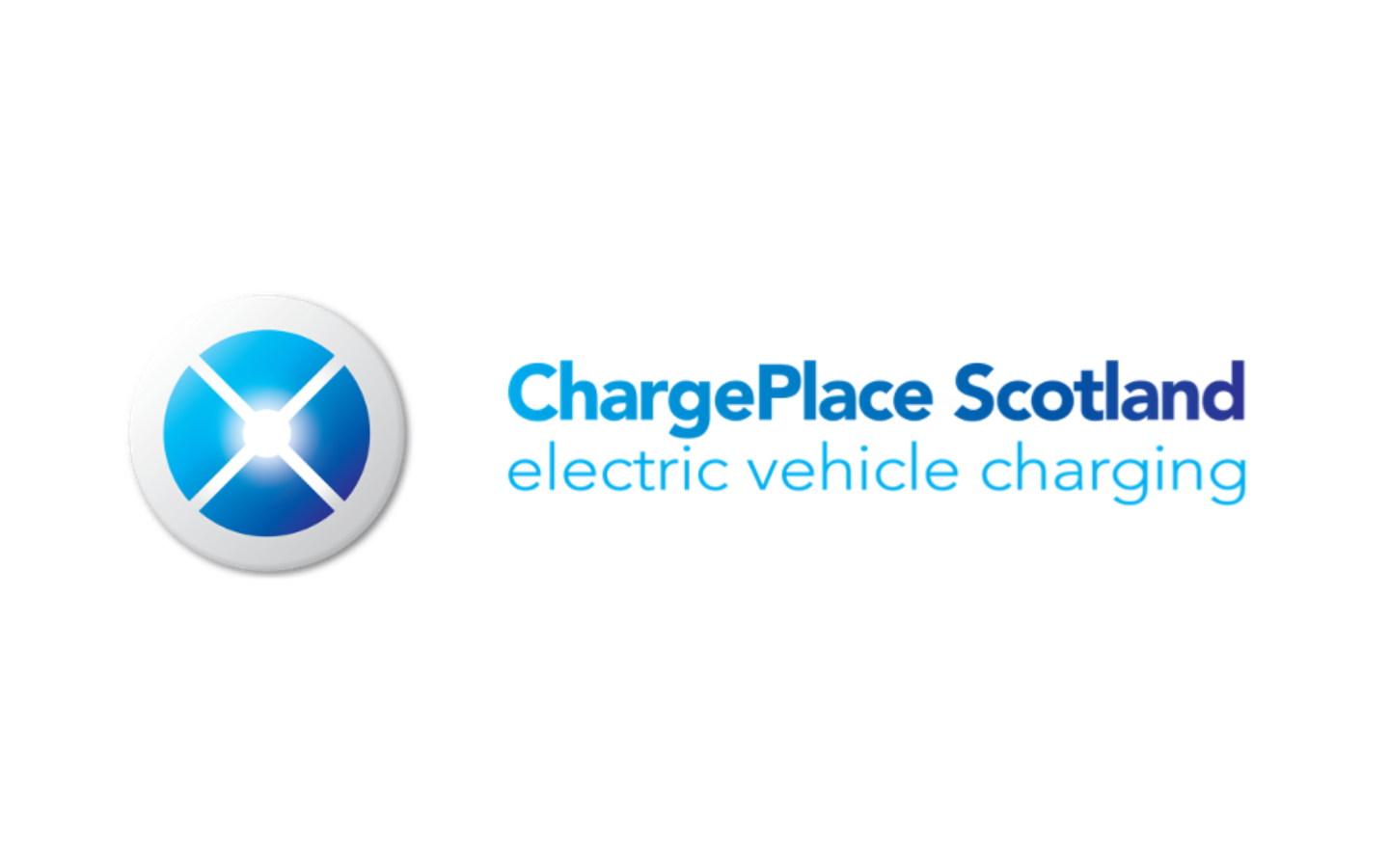

Can you get a grant for an electric car charger?
As the number of electric cars in the UK spills into the millions, residents and workplaces alike are looking to invest in electric vehicle chargers.
However, due to the complicated nature of EV charger installations and the advanced technology of the charging units, the higher price point means the question – can I get a grant for an EV charger? – is one of the most frequently asked questions we get as an OZEV-approved EV charger installation company.
Keep reading to learn about the available EV charger grants, including eligibility and grant amounts in 2025.
What government grants are available for EV chargers?
In the past, OZEV’s (Office for Zero-Emission Vehicles) Electric Vehicle Homecharge Scheme (EVHS) provided up to £350 off the cost and installation of a home electric vehicle charger for single-unit homeowners. Despite the success of the EVHS grant, the government decided to end this version of the grant in March 2022 and replaced it with the EV chargepoint grants and the EV infrastructure grants.
With this in mind, you can get a grant for EV chargers. In fact, there are now five government grants available in England in 2025 for electric car chargers and their installation:
- EV chargepoint grant for flat owners and renters
- EV chargepoint grant for households with on-street parking
- EV chargepoint and infrastructure grant for staff and fleet car parks
- EV chargepoint and infrastructure grant for landlords, including car parks
- Workplace Charging Scheme (now extended to include schools and education institutions)
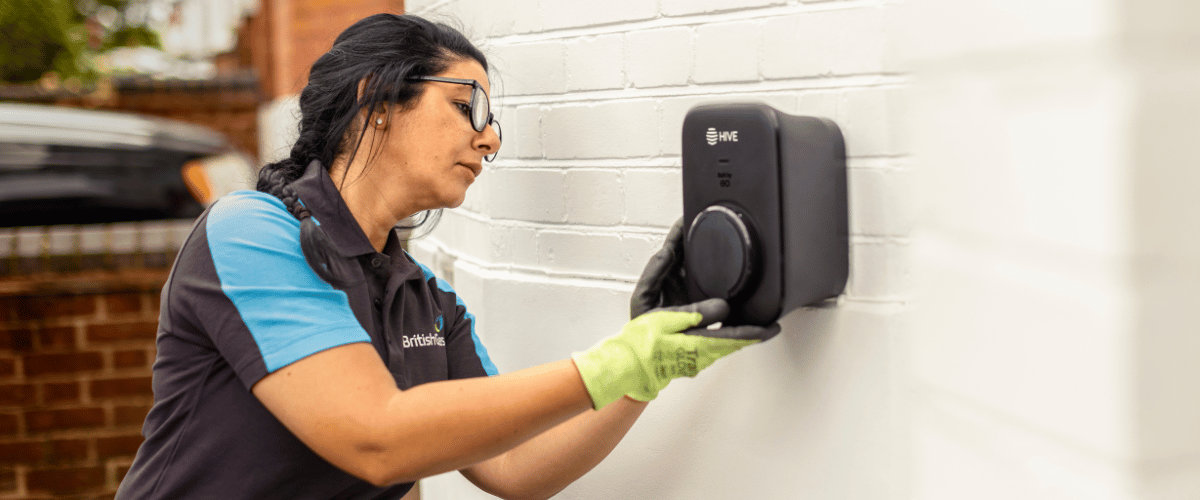
1. EV chargepoint grant for flat owners and renters
If you’re a tenant or flat-owner, up to £350 off the cost and installation of a home EV charger is available.
Eligibility:
- Homeowners who live in flats or apartments
- Renters – either flats or single-unit properties
Important to note:
- Unlike the EVHS, only one grant can be claimed per resident.
- If you own a flat, proof of ownership must be given.
- If you rent, you will need permission from your landlord.
- Your chosen EV charger needs to be on the government-approved list.
- Your electric vehicle has to qualify
- Dedicated off-street parking is needed.
- If you claimed the grant EVHS scheme, you can’t reapply for this version
- An OZEV-approved installer is required to carry out the installation
Deadline:
31 March 2026
2. Electric vehicle chargepoint grant for households with on-street parking
Installing an EV charger at homes with on-street parking is more complex and costly due to the problem of public pavements. Usually, on-street parking requires the installation of an additional cross-pavement charging solution to ensure viable, safe and legal home charging. With the added complexity of on-street parking charger installations, it’s a growing challenge in the EV market.
The government’s new grant tackles the on-going on-street charging problem by offering £350 for those who own or rent a residential property, have viable on-street parking (confirmed by the council), and are interested in installing a cross-pavement home EV charging solution.
Eligibility:
- Renters and homeowners who have adequate on-street parking
Important to note:
- You must live in the property you want the charger installed at. Renters and homeowners are eligible
- Have adequate on-street parking space defined by your local council
- Have permission from your local council to have the charger installed
- Have to have a cross-pavement charging solution installed before the home charger is installed
- Have an eligible electric vehicle from the OZEV list (owned, leased, assigned company car, named as the primary user by an employer, or have ordered an eligible electric vehicle)
- The EV charger must be on the approved model list
Deadline:
31 March 2026
3. Energy Saving Trust Domestic Chargepoint funding scheme (closed)
Only available in Scotland, the Energy Saving Trust Domestic Chargepoint funding scheme offers Scottish residents up to £400 off the purchase and installation of a home electric vehicle charger.
The Scottish government offer two routes for the EV home charger grant. Route 1 is for rural and remote EV owners in Scotland, while Route 2 is for used electric vehicle owners who purchased their EV through the Used Electric Vehicle loan.
Eligibility:
- You must be a Scottish resident
Important to note:
- Your installer needs to be OZEV-approved and an Energy Saving Trust-approved installer in order to qualify for this EV charger grant.
The Scottish EV charger grant is closed for the time being, but it will likely re-open in the future.

4. Electric vehicle chargepoint and infrastructure grant for staff and fleet car parks
The EV infrastructure grant for staff and fleets, including car parks can be used towards installing EV chargers now or preparing your business for future EV charging facilities. Infrastructure includes – but is not limited to – installation costs, wiring and posts.
In total, up to £15,000 of grant funding is available per application, meaning there’s never been a better time to invest in EV charging infrastructure.
Eligibility:
- Small and medium-sized businesses with fewer than 249 employees who meet the eligibility criteria can apply for the EV infrastructure grant for staff and fleets.
- Private parking is required
Important to note:
- Five parking spaces need to be fitted with EV charging infrastructure. However, only one EV charger must be live.
- An OZEV-approved installer is required to carry out the installation
Deadline:
31 March 2026
For the full details on the EV infrastructure grant for staff and fleets.
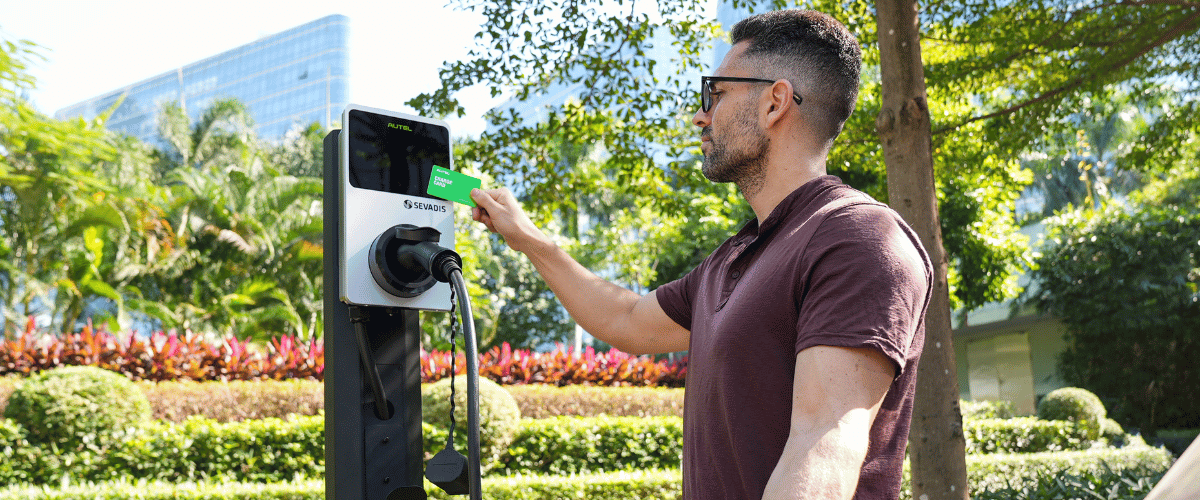
5. EV chargepoint and infrastructure grant for landlords, including car parks
Introduced by the government in 2022, the EV chargepoint grant for landlords provides up to £350 per charger for landlords of domestic and commercial properties looking to invest in electric vehicle chargers.
With the added infrastructure grant for landlords, an extra £500 is available per parking space required for EV charging infrastructure, up to a maximum of £20,000.
Eligibility:
- Landlords of commercial or domestic properties (the definition of landlord includes; someone who owns or lets a property, management companies, public authorities, charities, companies owning the freehold of a leased or rented property, and property factor listed on the property factor register).
Important to note:
- 200 grants are available per financial year for domestic properties
- 100 grants are available per financial year for commercial properties
- It’s limited to one application per building
- You must be registered with companies house or VAT registered with HMRC
- An OZEV-approved installer is required to carry out the installation
Deadline:
31 March 2026
6. Workplace Charging Scheme
The Workplace Charging Scheme covers up to 75% of the total cost of the purchase and installation of electric vehicle charging points. Up to £350 is available per socket up to a maximum of 40 sockets across all sites per applicant, totalling a generous £14,000 of available government funding.
Eligibility:
- Registered Companies
- Charities
- Public sector organisations
- Small accommodation businesses (with 249 employees or less)
Important to note:
- Off-street parking is required
- Chargers need to be OZEV-approved
- The installation needs to be completed by an OZEV-approved installer
Deadline:
31 March 2026
Can I get a grant for my EV charger in 2025?
Yes, you can get a grant for an EV charger in 2024/2025. In total, there are five government grants available for EV chargers and their installation in England in 2024/2025:
- EV chargepoint grant for renters and flat owners
- EV chargepoint grant for households with on-street parking
- EV chargepoint and infrastructure grant for landlords, including car parks
- EV chargepoint and infrastructure grant for staff and fleet car parks
- Workplace Charging Scheme
There is also an additional grant available for Scottish residents – the Energy Saving Trust Domestic Chargepoint funding scheme. However, this grant is currently closed. It will likely re-open next year.
Can I get a grant for an EV home charger?
While the original £350 OZEV Electric Vehicle Homecharge Scheme grant aimed at homeowners ended in March 2022, there are two available government grants for EV drivers wanting to install an EV charger at home.
The first is the Electric Vehicle Chargepoint Grant for Renters or Flat Owners. The second is the Electric Vehicle Chargepoint Grant for Households with On-Street Parking.
Both grants offer £350 off the cost to install and purchase an EV home charger.
Interested in a home, workplace or commercial electric vehicle charger?
As OZEV-approved EV charger installers, we can supply and install your grant-subsidised electric vehicle chargers, whether for home, workplace or commercial. For more information regarding any of the aforementioned grants, please call us on 03333 44 96 99 or get in contact below.
We handle the entire EV charger installation process on your behalf, from DNO approval to grant paperwork. With local engineers nationwide, we can install electric vehicle chargers wherever you are all with first class customer service.
Alternatively, follow our social media – Facebook, Instagram, Twitter, LinkedIn and YouTube.
related articles_
Stay up to date on the latest from We Power Your Car_
I consent to receive newsletters from We Power Your Car. Please see our Privacy Policy
